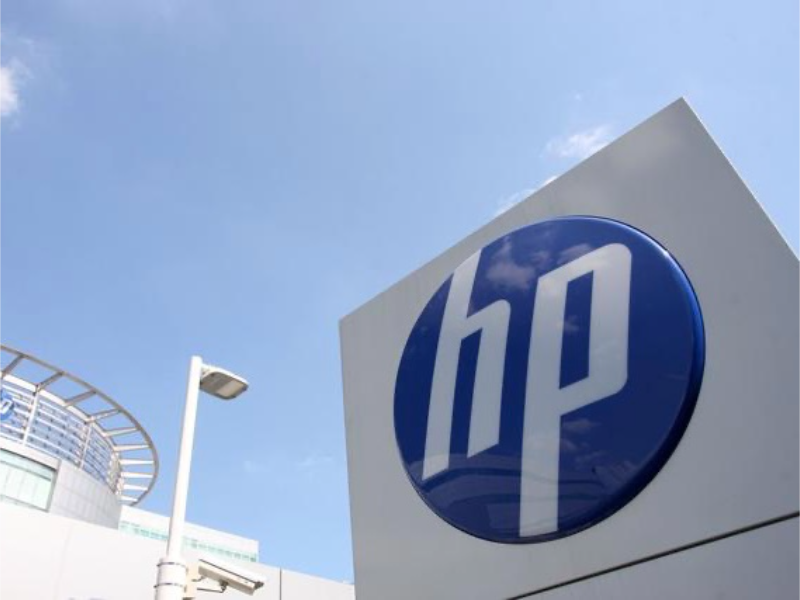- The U.S. Commerce Department plans to award $50 million to HP to modernise and expand its facility in Oregon, enhancing semiconductor technologies crucial for life sciences and AI applications.
- This funding is part of a broader effort to strengthen the U.S. semiconductor supply chain and support critical research and innovation in the life sciences sector.
OUR TAKE
The U.S. Commerce Department wants to provide $50 million in funding to HP for the expansion and modernisation of its Oregon facility. This investment aims to enhance HP’s semiconductor technologies, particularly in life sciences and artificial intelligence. The initiative is part of a broader effort by the U.S. government to strengthen the semiconductor supply chain and support technological innovation in critical areas like drug discovery and lab equipment development.
-Rae Li, BTW reporter
What happened
The U.S. Commerce Department announced plans to award $50 million to HP to support the expansion and modernisation of its facility in Corvallis, Oregon. This funding will boost HP’s capabilities in semiconductor technologies, particularly in areas like microfluidics and microelectromechanical systems (MEMS). These technologies are crucial for life sciences applications, including drug discovery, single-cell research, and cell line development. The investment is part of a broader U.S. government effort to strengthen the domestic semiconductor supply chain, which includes a $39 billion subsidy program and substantial funding for companies like Intel, Samsung, and TSMC to expand chip production in the U.S.
HP’s CEO, Enrique Lores, emphasised that this funding would enable the company to modernise its facility and further invest in microfluidics technology. The project is also expected to benefit partner institutions such as Harvard Medical School, the CDC, and Merck. This move underscores the importance of semiconductor technology in advancing innovation in critical life science equipment.
Also read: The crucial role of HPC in modern innovation: 4 key benefits
Also read: EU greenlights HPE’s $14B Juniper Networks acquisition
Why it’s important
The U.S. government’s strategic focuses on bolstering domestic semiconductor production, a critical industry for national security, technological leadership, and economic stability. The $50 million awarded to HP is part of a larger effort to reduce reliance on foreign semiconductor manufacturing, which has become increasingly important in the context of global supply chain disruptions and geopolitical tensions. By investing in companies like HP, the government aims to strengthen the entire semiconductor ecosystem, ensuring that the U.S. remains at the forefront of innovation in essential technologies like artificial intelligence and life sciences.
The funding underscores the importance of semiconductor technology in advancing medical research and healthcare. HP’s work in microfluidics and MEMS is crucial for developing the tools used in drug discovery, single-cell research, and other life sciences applications. This investment not only supports HP’s technological advancements but also has broader implications for public health, as it enables collaboration with major institutions like Harvard Medical School and the CDC. By enhancing these technologies, the U.S. is positioning itself to lead in critical areas of scientific research and medical innovation, which could have a profound impact on healthcare outcomes globally.

